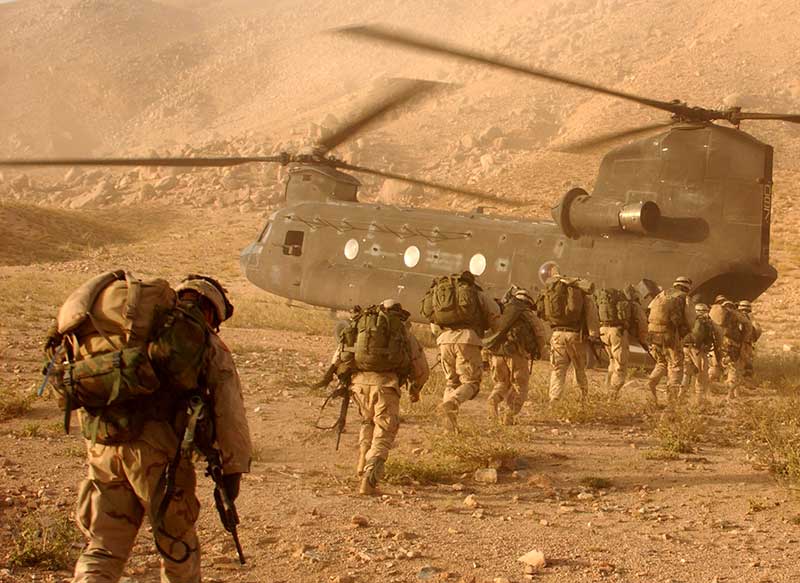The Presidential Light
Our President needs some kind of indicator light. It need not be anything terribly complicated. It can just be a little digital addition to the bottom left corner of the screen whenever he is speaking. It could just shine either red or green. It would be there to let the American people know whether he’s lying or not.
After twenty years in Afghanistan the place was acutely stable. There admittedly remained a small contingent of troops still in-country, but we had gone months without a significant attack against US interests. Afghan girls went to school. The chaos seemed acutely in check. However, the President needed a photo op. He wanted American forces out of Afghanistan by the 20th anniversary of 9/11. He even announced his intentions in advance.
Our opponents in Afghanistan may be feral cavemen, but they’re not stupid. They live like it’s the Dark Ages and have raised institutional oppression to an art form. There are places in Afghanistan where people have been killed for listening to music.
In some places women are not allowed to go outside unless they are swathed head to toe in a bedsheet and accompanied by a male relative. Imagine what that must be like, to realize that you will never again feel the sun on your skin. Afghan dermatologists would be out of a job —if Afghanistan had any dermatologists.
Anyway, the President decided it was time to take our toys and go home, so he told everybody as much. When the appointed day arrived, Afghanistan just sort of imploded. People compare it to our departure from Saigon, but this was hugely worse. After we left in 1975, Vietnam started making sneakers. I can’t see the Taliban following such a benign course. We just gifted an entire nation’s worth of state-of-the-art military hardware to a group of unwashed terrorists who still want to kill us. What could possibly go wrong?
The Exodus
I admit I don’t even begin to understand what makes these guys think. The Taliban was thrilled to have us leave. However, the local coven of ISIS—the Islamic State-Khorasan Province, or IS-KP—apparently just couldn’t leave well enough alone. As near as I can tell, ISIS hates pretty much everybody. In a coordinated professional attack, they detonated a suicide vest and opened fire with small arms against the crowd queuing up outside the Kabul airport hoping for a magic ticket to freedom. In that one attack they killed 169 Afghan civilians and 13 US service members.
In response President Biden came on television and said, “To those who carried out this attack, as well as anyone who wishes America harm, know this: We will not forgive. We will not forget. We will hunt you down and make you pay…I will defend our interests and our people with every measure at my command.”
Compelling words to be sure, but apparently he was just kidding. We dropped a Hellfire on a car purportedly carrying three IS-KP operatives and killed two of them. Then we inadvertently destroyed a vehicle belonging to Zemari Ahmadi, an aid worker for Nutrition and Education International. During the Ahmadi strike we also killed another ten other people, seven of whom were children.
War is horrible, messy and imprecise. I get that. However, I can’t tell if President Biden lied to me when he said we would hunt down those responsible or if he has since simply forgotten. If he is going to make a habit of spouting whatever fool thing his handlers think we want to hear, I just need that light. How else will I know whether or not to get emotionally invested in his policies? When he starts talking about infrastructure spending, the border crisis, or the fact that Russia and China seem poised to start World War III, I need to know if the President is being serious or just kidding like he was about Afghanistan.
Everybody knows that politicians are horrible. We joke about it constantly, but I really should be able to believe my President. Both our allies and enemies could likely benefit from the same courtesy.
Barring some sudden profound transformational embrace of veracity among the swamp creatures in Washington, I anticipate more insincere muddled ambiguity. How can we tell if they are lying or not? We could just use the time-tested technique of whether or not their mouths are moving. That apparently remains completely reliable today.






